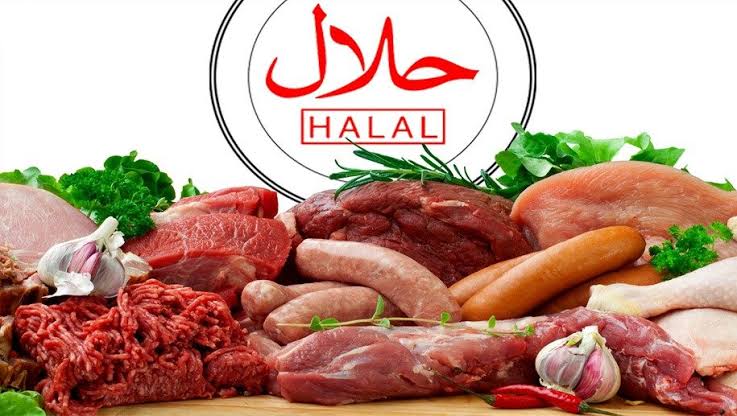Title: Understanding Halal: A Closer Look at its Significance in the Meat Industry
Introduction:
In today's diverse and multicultural world, the concept of Halal has gained significant attention, particularly in the context of the meat industry. Halal, which means "permissible" in Arabic, refers to a set of dietary guidelines and practices that are followed by Muslims. This concept not only holds religious significance but also impacts various aspects of the meat industry, including production, processing, and consumption. In this blog, we will delve into the concept of Halal and its implications for the meat industry.
The Basis of Halal:
At the core of Halal is the adherence to Islamic principles and teachings, as outlined in the Quran and the Hadith (sayings and actions of Prophet Muhammad). The primary guidelines for Halal consumption include:
1. The method of slaughter: The animal must be slaughtered by a Muslim who invokes the name of Allah before performing the slaughter. The act must be swift, humane, and ensure that the blood is drained from the body.
2. Animal welfare: Animals must be treated with kindness and respect throughout their lives. They should be well-fed, given access to water, and protected from unnecessary harm or stress.
3. Prohibited ingredients: Certain ingredients are considered Haram (forbidden) in Islamic dietary laws. These include pork and its by-products, blood, alcohol, and any substances derived from animals that were not slaughtered in the Halal manner.
Implications for the Meat Industry:
1. Slaughter Practices: One of the most notable impacts of Halal on the meat industry is the method of slaughter. Halal slaughter requires specific training and certification for those involved in the process. This has led to the development of specialized facilities and techniques to ensure compliance with Halal guidelines.
2. Traceability and Transparency: To meet Halal standards, the meat industry must ensure transparency and traceability throughout the supply chain. This involves proper documentation of the entire production process, from animal sourcing to distribution, to verify that all practices align with Halal requirements.
3. Market Demand: The Halal meat market has grown substantially due to the increasing Muslim population and the preference for Halal-certified products. This demand has led to the expansion of Halal-certified products in both local and international markets.
4. Ethical Considerations: Halal practices emphasize animal welfare and ethical treatment. This aligns with broader consumer trends towards sustainable and humane practices, which can positively influence the overall reputation of the meat industry.
5. Certification and Compliance: To cater to the Halal market, meat producers often seek certification from recognized Halal certification bodies. These bodies ensure that the entire production process adheres to Halal standards, instilling consumer trust in the products.
Challenges and Controversies:
While Halal practices are integral to the meat industry for a significant portion of consumers, there have been discussions and debates surrounding animal welfare, methods of slaughter, and the broader societal impact of Halal practices. These debates highlight the need for ongoing conversations about balancing religious requirements with modern ethical and animal welfare considerations.
Conclusion:
The concept of Halal holds a vital place in the meat industry, impacting production practices, supply chains, and consumer preferences. Beyond its religious significance, Halal practices underscore the importance of ethical treatment of animals and transparent production processes. As the global population continues to diversify, understanding and respecting these practices become essential for fostering inclusivity and meeting the dietary needs of various communities.

